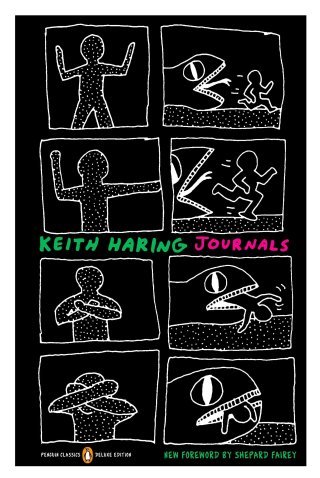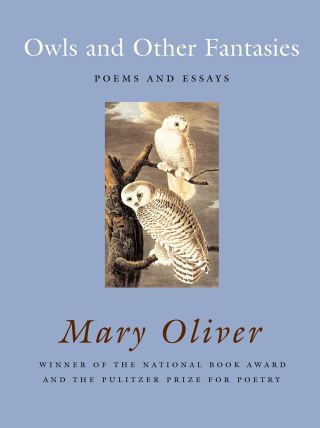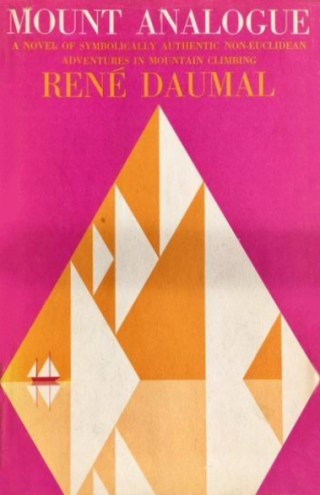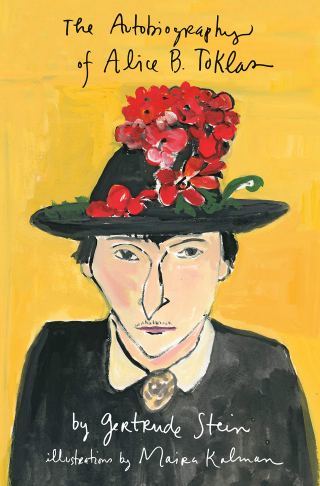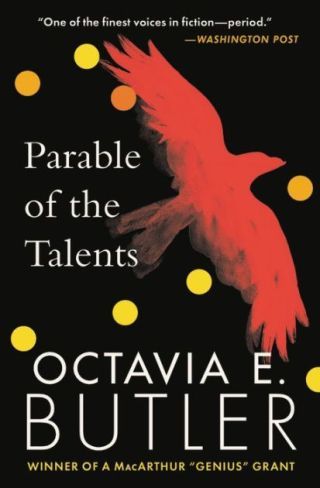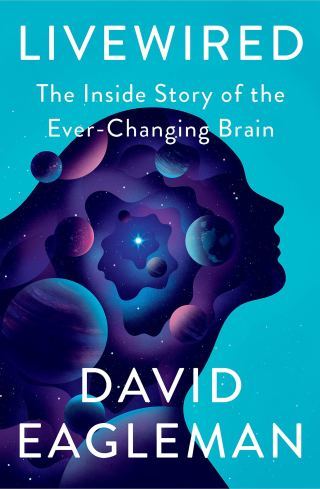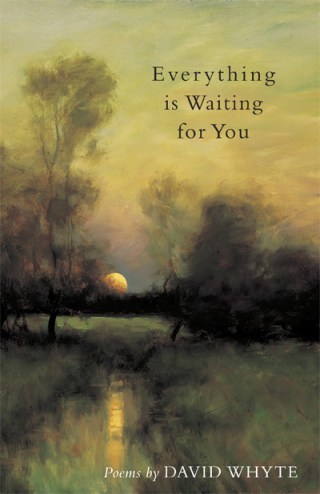Maria Popova's Blog, page 101
September 11, 2020
The Love of Life in the Face of Death: Keith Haring on Self-Doubt, the Fragility of Being, and Creativity as the Antidote to Our Mortal Anxiety
“Life loves the liver of it,” Maya Angelou observed as she contemplated the meaning of life in 1977, exhorting: “You must live and life will be good to you.”
That spring, the teenage Keith Haring (May 4, 1958–February 16, 1990) — who would grow up to revolutionize n...
September 8, 2020
Of Owls and Roses: Mary Oliver on Happiness, Terror, and the Sublime Interconnectedness of Life
“Go to the limits of your longing… Let everything happen to you: beauty and terror,” Rilke urged in his Book of Hours, his poetic cadence assuring us to “just keep going,” for “nearby is the country they call life.” Rilke sensed that, as the great naturalist John Muir observed a generation earlier, “when we try to pick out anything by itself, we find it hitched to ...
September 6, 2020
Coming Out in the Time of COVID: A 90-Year-Old Man’s Moving Conversation with His Daughter During the Quarantine
“To be nobody-but-yourself — in a world which is doing its best, night and day, to make you everybody else — means to fight the hardest battle which any human being can fight,” E.E. Cummings wrote in his magnificent forgotten manifesto for being unafraid to feel. It takes especial courage to “go the way your blood beats,” to borrow James Baldwin’s lovely phrase from his liberating advice on coming out, in which he observ...
September 2, 2020
The Mountain and the Meaning of Life: René Daumal’s Alpine Allegory of Courage and the Measure of Wisdom
Since long before Dr. King proclaimed “I have seen the mountaintop!” mountains — like rivers — have been among our richest nature-drawn metaphors for making sense of our human lives and values. When the Lebanese-American poet, painter, and philosopher Etel Adnan was asked in a television interview who the most important ...
August 28, 2020
Artist Maira Kalman Illustrates the Extraordinary Love Story of Gertrude Stein and Alice B. Toklas
It is not often that one encounters a great love letter to a great love, composed by someone outside the private world of that love, serenading it across the spacetime of epochs and experiences. In my many years of dwelling in the lives and loves and letters of beloved artists, scientists, and writers, I have encountered none more splendid than The Autobiography of Alice B. Toklas Illustrated (public library) ...
August 23, 2020
Octavia Butler on How (Not) to Choose Our Leaders
In 1845, as the forgotten visionary Margaret Fuller was laying the foundation of modern feminism, advocating for black voting rights, and insisting that “while any one is base, none can be entirely free and noble,” she contemplated what makes a great leader and called for “no thin Idealist, no coarse Realist,” for a person “of universal sympathies,...
Neuroscientist David Eagleman on How the Physiology of Drug Withdrawal Explains the Psychology of Heartbreak and Loss
“Who is good if he knows not who he is? and who knows what he is, if he forgets that things which have been made are perishable, and that it is not possible for one human being to be with another always?” So wrote Epictetus two millennia ago, offering the Stoic strategy for surviving heartbreak as he contemplated...
August 18, 2020
Sometimes: Poet and Philosopher David Whyte’s Stunning Meditation on Walking into the Questions of Our Becoming
The role of the artist, James Baldwin believed, is “to make you realize the doom and glory of knowing who you are and what you are.” This, too, is the role of the forest, it occurs to me as I walk the ferned, mossed woods daily to lose my self and find myself between the trees; to “live the questions,” in Rilke’s lovely phrase — to let the rustling of the leaves...
August 14, 2020
Psychedelic Fishes from the World’s First Natural History Encyclopedia of Marine Creatures Illustrated in Color
“Who has known the ocean? Neither you nor I, with our earth-bound senses, know the foam and surge of the tide that beats over the crab hiding under the seaweed of his tide-pool home; or the lilt of the long, slow swells of mid-ocean, where shoals of wandering fish prey and are preyed upon, and the dolphin breaks the waves to breathe the upper atmosphere,” Rachel Carson wrote in her lyrical 1937 masterpiece Unders...
August 13, 2020
Creativity in the Time of COVID: Zadie Smith on Writing, Love, and What Echoes Through the Hallway of Time Suddenly Emptied of Habit

“Whatever inspiration is, it’s born from a continuous I don’t know,” the Polish poet Wisława Szymborska observed in her magnificent Nobel Prize acceptance speech. But a central paradox o...

